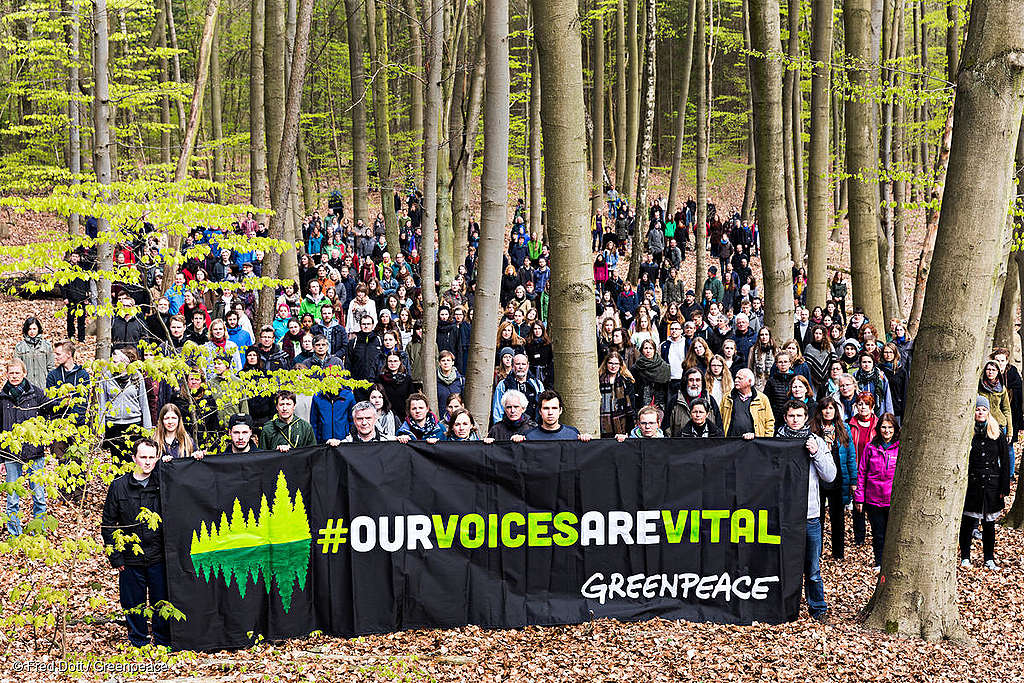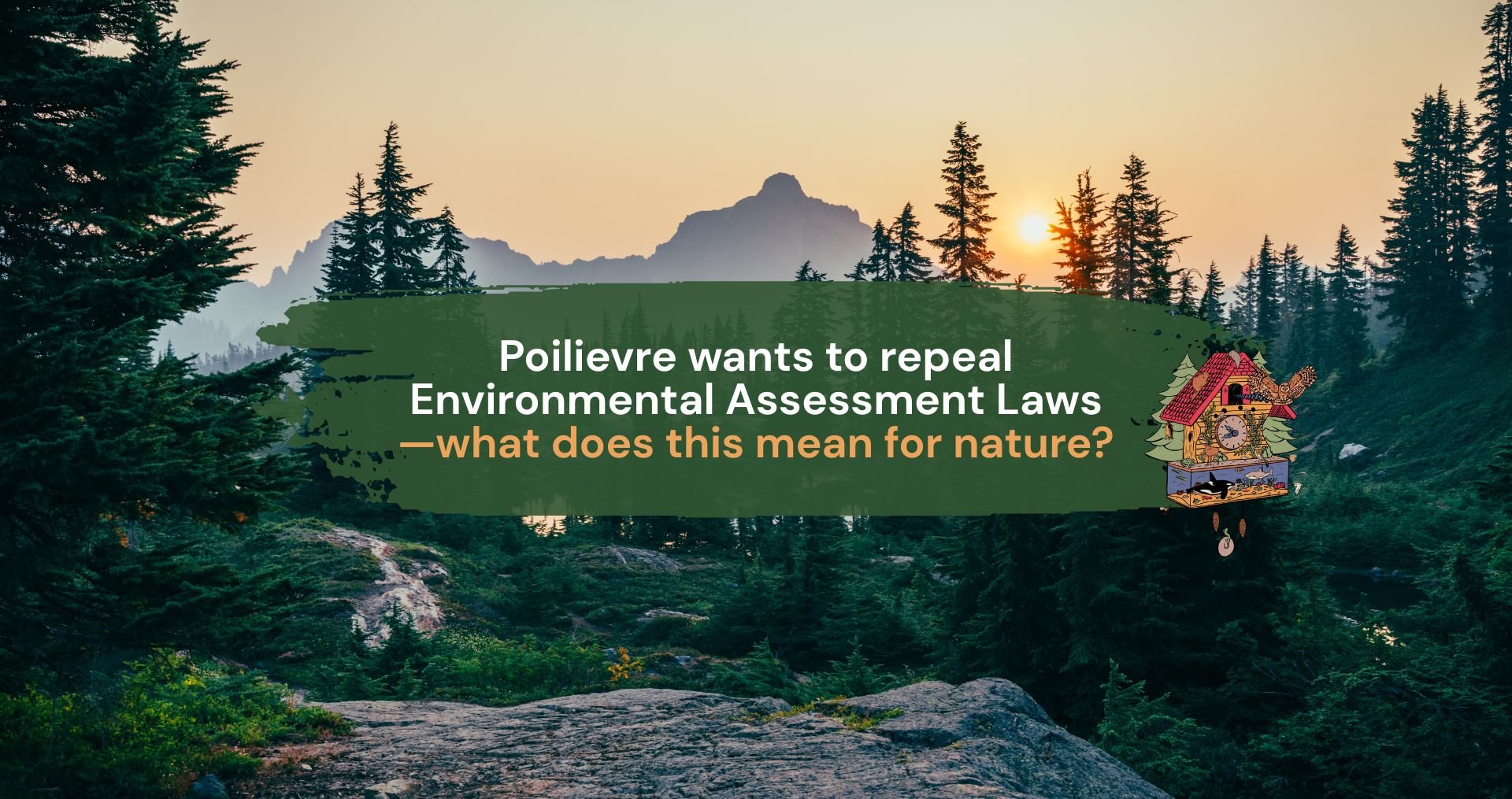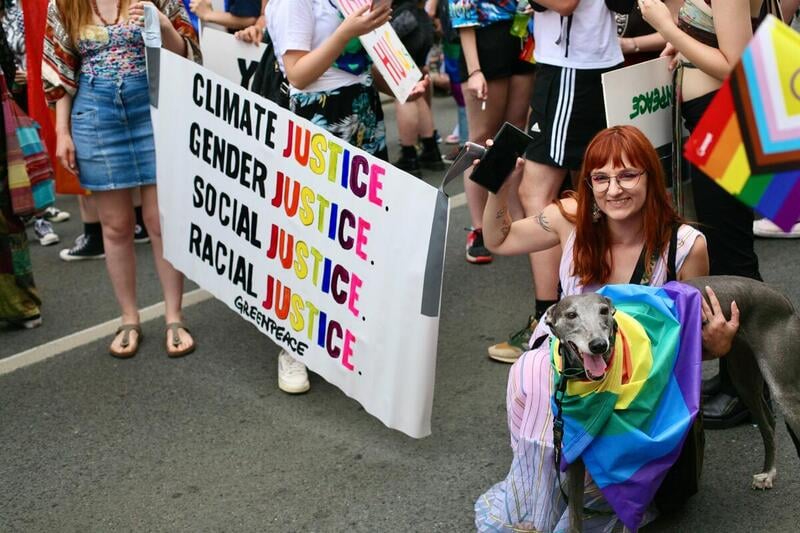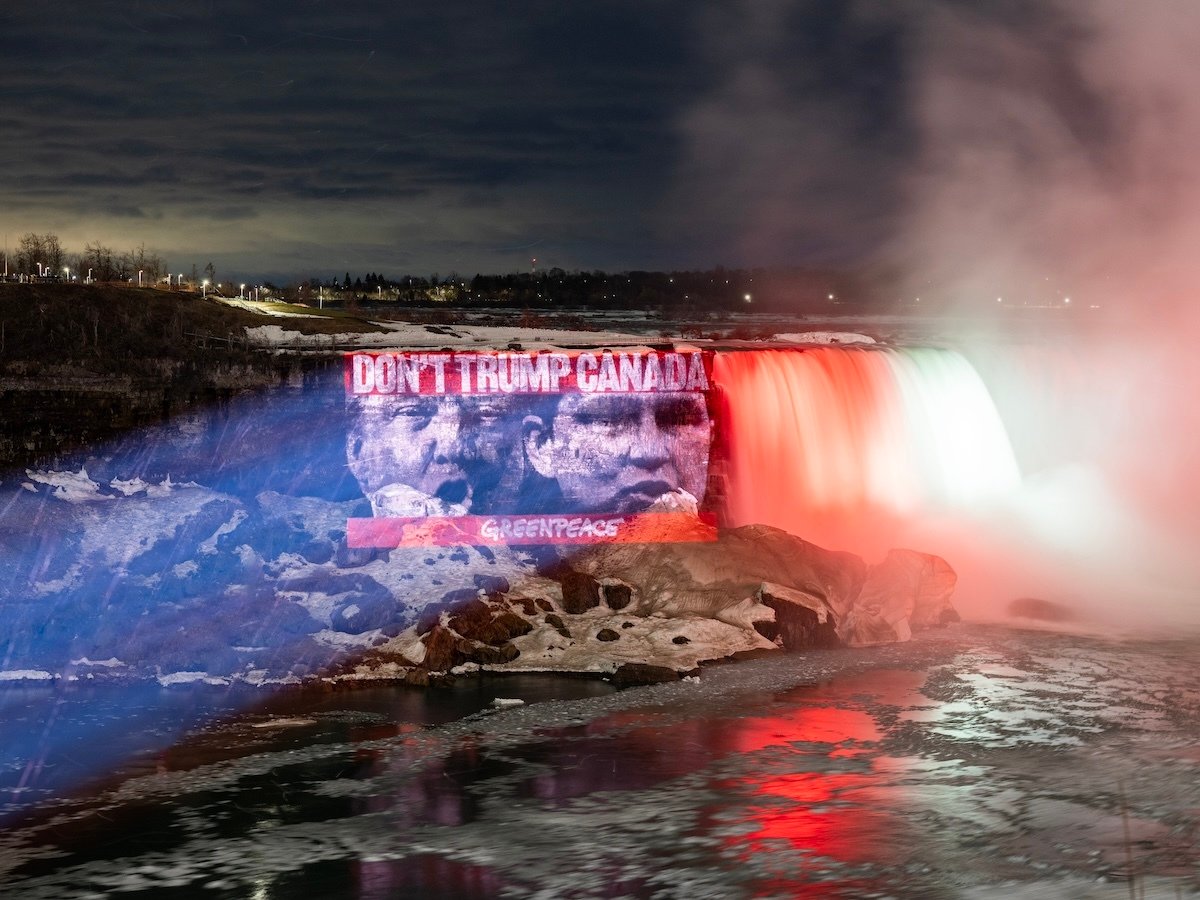(The below blog contains personal reflections of our staff member on International Democracy Day)
International Democracy Day is here again. As usual, this day presents us with the opportunity to reflect on what true democracy in Canada should look like versus what it actually is. We also have a chance to further evaluate how these practices, or lack thereof, affect our dearest planet.
While the celebration of this day does present us with the opportunity to do the above and much more, can we truly say that we take advantage of the opportunity?
Like many commissioned public relations “days”, International Democracy Day has become just another calendar item to make us feel better about our laxness towards the very concept of democracy. Merriam-Webster defines a government in which the supreme power is vested in the people and exercised by them directly or indirectly through a system of representation usually involving periodically held free elections. If we are going by Webster’s definition, can we really truly say that we live in a democratic world?
Okay fine. World is a bit dramatic. Let’s bring it home. Many Canadians would say in good faith that Canada is a thriving democracy and might even go as far to say that this has always been the case. They might say this and mean it as their truth but facts and someone’s truth often don’t share the same address.

While living in a self proclaimed democratic nation seems to be a fantastic reality, the reality is that there are a plethora of core issues facing the Canadian democratic system that are overdue for probing and evaluation.
If you are wondering where to begin with this probing, that’s easy. Let’s begin from the beginning. According to the colonizer’s history books, beginning from the beginning would mean starting from the arrival of the colonizers (because of course we all know that nothing happened before then right?).
The advent of the colonial system that oppressed, and in many ways continues to oppress, the Indigenous people is the genesis of Canada’s core democratic issues. Indigenous people have been systematically othered on their own ancestral lands for generations. Ironically, these practices have begun from the onset of democratic practices in Canada and still live on till today.
A key instrument which the Canadian government has used to oppress the Indigenous peoples, through the guise of democracy, is public policy. It is because of public policy that we have traumatic Canadian historical events such as the forceful movement of Métis communities from the south to the North, sixties’ scoop, the creation of residential schools, the policies around relocating Métis people out of Red River, and other policies that we can all agree, in hindsight, should have never have taken place. While there have been many facevalue attempts by the government in recent years to apologize for the aforementioned events, the unfortunate reality is that there is still ample room for history to repeat itself the way the Canadian democratic system is still set up.
How? Simple. The oppression of Indigenous people on their own land has always come at a cost. In recent years, the cost has been empowering transnational corporations and others to extract profits on those Indigenous lands, and as result, the natural world. What is even more tragic is the fact that when this behavior is called out, all that results is the silencing or policing of dissenting voices.
What does this have to do with the environment one could ask? Well a lot actually!
Unlike the colonizers, Indigenous people have been living respectfully with the world around them for centuries. Their ability to live off the land with self imposed restrictions and appropriately manage resources is why Indigenous traditional territories account for about 80% of biodiversity worldwide.
As one can imagine, Canadian public policies have not exactly been mindful nor respectful of these practices. Infact, the measures that Indigenous people have taken to protect biodiversity, manage the forests and uphold agricultural sustainability have not always been intandem with the capitalist intentions and mindfulness of Eurocentric democracy.
The historical and continuous silencing of Indigenous people in Canada, despite what it claims to be, are truly antithetical to the core pillars of democracy. It is then up to everyone who is truly concerned about this consistent historical wrong to stand up for these marginalized voices.
In a recent report published by Greenpeace called “Protecting Nature, Protecting Life”, where we were calling for the adoption of a federal Nature and Biodiversity Act some of the recommendations made were laying the ground for a much stronger democratie where all voices are listened and heard.
A strong and healthy Canadian democratie should for example be consistent with the principle of Free Prior and Informed Consent (FPIC) as expressed in the United Nations Declaration on the Rights of Indigenous Peoples (UNDRIP). For biodiversity protection for example, that could translate to a Nature and Biodiversity Act that recognize and enable sovereign Indigenous rights to manage protected areas, recover species at risk and manage culturally important and harvested species in traditional territories.
One clear way our democratic system allows for us to stand up for these marginalized voices is through voting. The road to righting the wrongs of a long and complex history will inevitably be through the one activity that separates democracy from the other forms of government.
While it may seem that real options for trustworthy politicians feel few and far between, it is important that citizens remain guardians of true democracy and do all that is in their power to elect politicians to preserve our democracy and our environment. As we know, however, voting alone won’t be enough.
It is noteworthy to mention that any plans to save the natural world from the clutches of an oppressive government system, are impossible without pressure from the outliers, you and I. So as you celebrate International Democracy Day, remember that refusing to step into your power means that one day there will be no democracy to celebrate.



